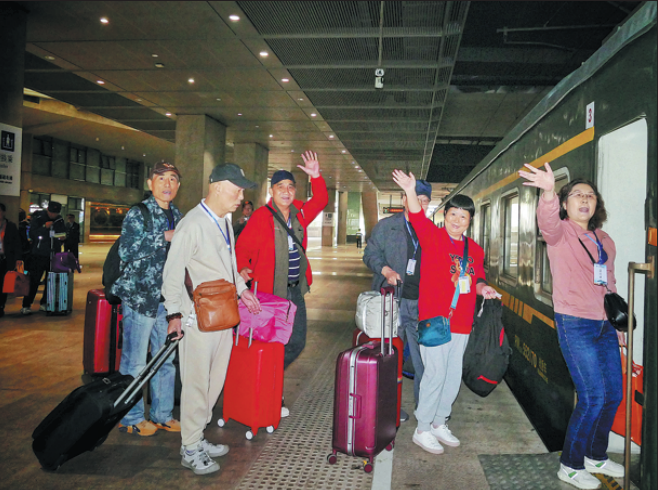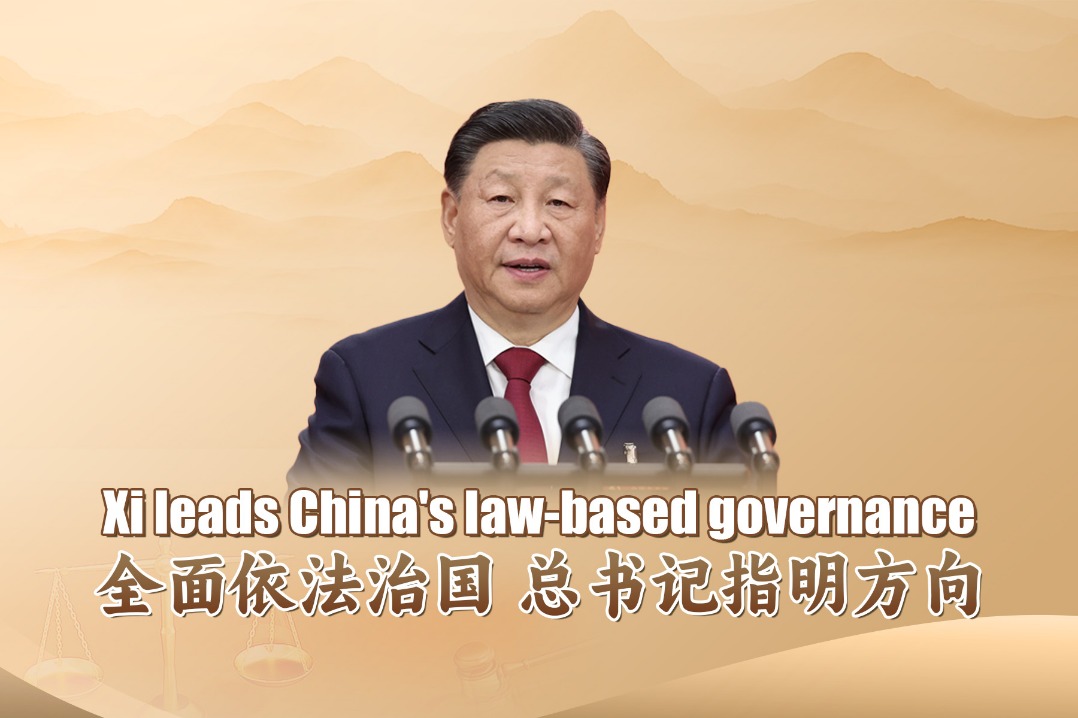Internet should play its part to make life convenient for elderly


If the need arises, you will be able to read this on an online gadget, something that comes easily to most of us. But for many elderly people, going online is still a daily struggle. In China, however, the older generation, too, is able to enjoy the fruits of internet development.
Latest data show that over 160 million senior citizens in China are now internet users, signaling a major shift toward more inclusive digital development.
A report on the country's internet development released on Monday by the China Internet Network Information Center revealed that as of June, China's internet penetration rate has reached 79.7 percent, with a total of more than 1.12 billion internet users. Among them, those aged 60 and above reached 161 million.
This shift is not just about numbers. It reflects the rising importance of digital inclusion in the context of an aging society. By 2030, 1 in 6 people in the world will be aged 60 or over. As societies grow older, ensuring that senior citizens can actively participate in the digital economy and access essential online services is no longer a luxury but a necessity.
At the policy level, the Chinese government's approach has been to introduce supportive measures, such as helping seniors use smart technologies in daily life, promoting digital tools tailored for older users from AI-powered health monitoring devices to simplified mobile applications. Local communities have stepped in as well, offering digital literacy training, volunteer-led tech support programs and senior-friendly service upgrades on major platforms.
Meanwhile, the rise of the silver economy is transforming aging from a societal burden into an opportunity. From online shopping and digital healthcare to travel booking and social media, senior citizens are increasingly taking part in these activities once dominated by younger generations. According to the report, internet access in rural areas, where many senior citizens reside, has also improved significantly, with digital tourism and e-commerce helping generate new income streams and employment opportunities. Meanwhile, internet platforms have introduced several rules to shield senior citizens from online scams.
Globally, however, many countries are still struggling to close the digital gap. Lack of digital literacy, poor infrastructure and elderly-unfriendly technologies remain obstacles. This growing "digital divide" could exclude many senior citizens from accessing government services, healthcare, financial systems or even staying connected with family and friends.
Here is where technology, especially artificial intelligence, can play a transformative role, but only if designed with inclusivity in mind. AI tools can assist with routine tasks, monitor health, offer companionship and adapt interfaces to users' physical and cognitive needs. Yet if not developed thoughtfully, these same technologies can widen inequality and deepen generational gaps.
China's experience has demonstrated that aging and digitalization are not opposing forces. With the right investment, infrastructure and empathy, they can reinforce each other. The path forward lies in building a digital world where age is not a barrier, but a valued, inclusive and supported perspective.
After all, the future of the internet should not belong only to the young. It should belong to everyone.


































